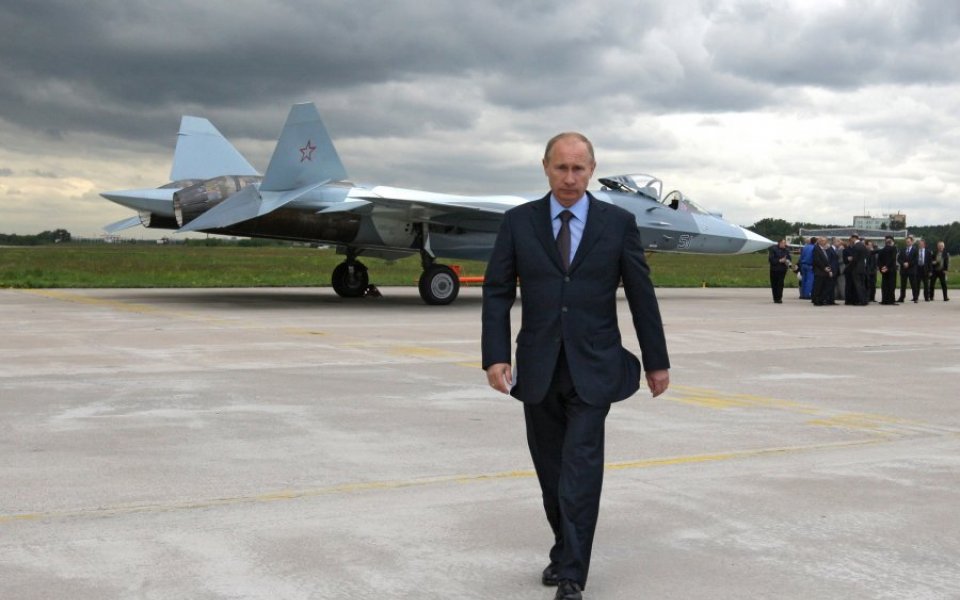A response to George Soros: Putin might be a threat to the West – but that doesn’t mean Islamic State is any less so

George Soros, world renowned billionaire and philanthropist, has claimed that Russian President Putin is a greater threat to Europe than Islamic State (Isis).
Putin certainly is a threat to Western interests, and potentially to Europe on account of its close proximity to the territories Putin may look to encroach upon. So it is certainly important that observers be cautioned against overlooking the Russian threat, as they seem to have been inclined to do until recently. But at the same time it would be unwise for anyone to downplay the ongoing and very real threat from Isis.
Although it may be useful to have Europeans reminded of the danger emanating from Putin’s Russia, Soros’s article is full of all kinds of bizarre claims.
Particularly striking among those is Soros’s suggestion that Putin has played a part in encouraging and worsening the migrant crisis in an effort to speed the disintegration of the European Union. This, argues Soros, is part of Russia’s race to free itself from European sanctions or collapse trying.
Of course, it may be true that if the current trends continue then the EU will inevitably disintegrate, and the migrant crisis could well play a major part in that.
But a few points to have in mind; first, the migrant crisis was well underway well before Russian intervention in Syria.
Second, a very large number—if not the majority—of migrants coming to Europe aren’t from Syria. Third, and perhaps most significantly, the countries being most impacted by the waves of Syrian refugees are those immediately bordering Syria; Jordan, Lebanon and Turkey.
If we buy Soros’s claims that Putin is bombing civilians in Syria to generate a refugee crisis, then we would also have to assume his aim is to destabilise Syria’s neighbours and not Europe.
Putin may have an interest in seeing Europe weakened, but that’s not why Russia intervened in Syria. This campaign is about keeping Assad—a Russian ally—in power and about extending Russian influence and military might into the Middle East and onto the Mediterranean.
Russian warplanes are helping Assad with the bombing of Syrian civilians not in an effort to create a refugee crisis for Europe, but because that has always been the strategy; to put the Syrian people into submission until they cease resisting Assad’s despotic rule.
As Soros predicts, the Russian economy may be about to experience of a crisis of its own, but that is no reason to assume that this would mean the collapse of the Russian state or even Putin’s rule.
Wars like those in Syria and Ukraine are all part of Putin’s strategy of keeping his people distracted from their dire economic predicament. And it may just work. But this diversion tactic could see the Russian military becoming increasingly belligerent, and that is indeed a concern for Europe.
Nevertheless, even in the event that Russia does become a growing threat to the West, that won’t for one moment mean that Isis will become any less of a security concern.